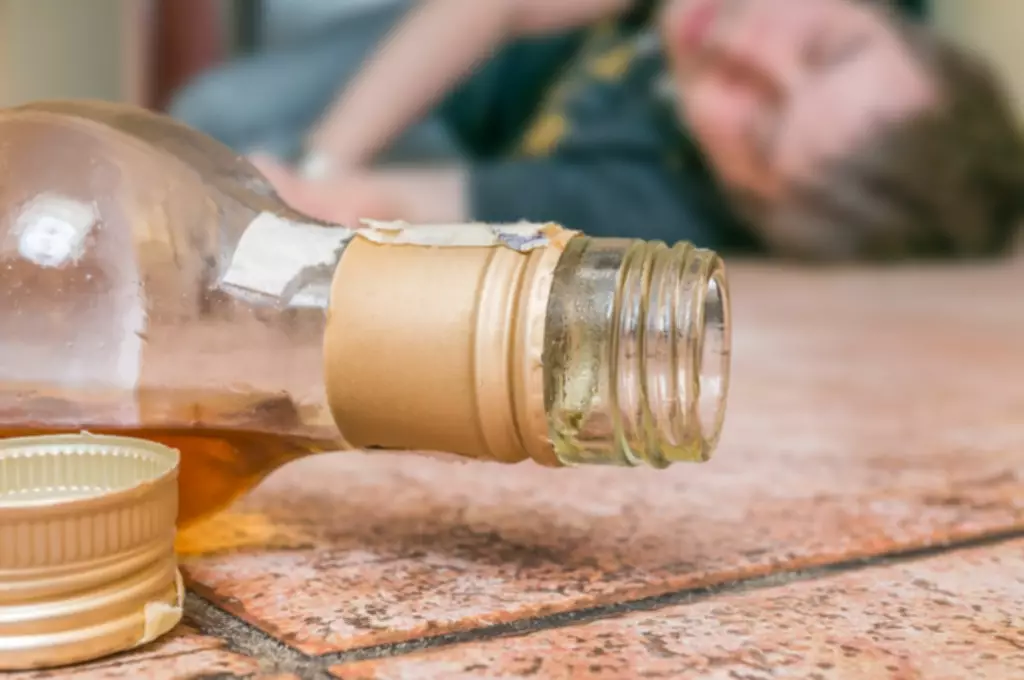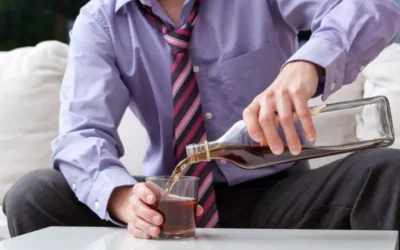Drinking When Bored? What It Could Mean Addiction Treatment
- Danh mục: Sober living
The research on brain recovery and the restoration of neurotransmitter levels, neural connectivity, and cognitive function offers a hopeful picture of the potential for healing and personal growth. Substance use disorders can lead to a reduction in gray matter volume in various brain regions, impacting cognitive and emotional functioning. Research has shown that abstinence can result in the recovery of gray matter volume. A study in boredom and alcoholism the journal Addiction Biology (Mon et al., 2013) investigated the recovery of gray matter volume in individuals with alcohol use disorder after three months of abstinence. The researchers found that gray matter volume increased in several brain regions, including the frontal, parietal, and temporal cortices. Becoming attuned to the emotional and physical signs of boredom is a vital step in managing it during your recovery journey.

Effectiveness of Cognitive-Behavioral Approaches
- Although several studies have shown disparities in scores on boredom (e.g. Seib and Vodanovich, 1998, Vodanovich and Kass, 1990), in accordance with Melton and Schulenberg (2009) we found no gender differences in our sample.
- Studies show that the risk of a situation turning violent is five times higher when alcohol enters the mix.
- Psychologists like Westgate are on a mission to unravel the mysteries of boredom, a little-studied yet universal human experience distinct from apathy or depression.
- By exploring different pastimes, you’ll not only discover new passions but also develop new skills, boosting your self-esteem and self-confidence.
- It’s a real issue that is leading people from all walks of life into potential substance use disorders.
- A study published in the journal JAMA Psychiatry (Martinez et al., 2011) examined the recovery of dopamine function in alcohol-dependent individuals during abstinence.
- Finally, they declared both that they sometimes drank on an empty stomach and drove after having a drink.
The reasons people start drinking alcohol is very different than the reasons they continue to drink alcohol. Boredom and isolation are known relapse triggers for people with substance use disorders. An important way to safeguard your sobriety is to be aware of this and take steps to mitigate it.
Volunteer and Give Back to the Community
- Early research often dismissed boredom as temporary and inconsequential, but recent work has established its links to mental illness, traumatic brain injury and dysfunctional behaviors such as reckless driving and substance abuse.
- Boredom is a natural state or emotion that’s part of the spectrum of things we feel as humans, and we all experience boredom in different forms and at different times.
- This can lead some teens to act out to relieve boredom or struggle internally with feelings of hopelessness or despair.
- As summer vacation approaches, parents, educators and communities often become concerned about how to keep young people engaged in constructive activities and away from the temptations of drugs.
- As the brain heals and rebalances itself over time, the intensity of boredom often diminishes, allowing for a more fulfilling and engaging life in long-term recovery.
- Furthermore, it isn’t uncommon for those who binge drink to end up developing alcohol use disorder.
These and other related methods are described in this article, along with considerations of their effectiveness. Instead, even if boredom predicts social confidence, this variable appears to have no effect on binge drinking behaviors. These data suggest that a certain level of boredom may lead adolescents to consider alcohol abuse as an “antidote” for stress and anxiety and for a lack of stimulation but not as an answer to the need to conform. We may suppose that the uncomfortable feeling of boredom calls for psychological effects such as “disinhibition” or “escape from problems” rather than “acceptance in the peer group” and “approval”. For example “feel like the others” and “be fashionable” (i.e. items of “interpersonal and social confidence”) are social motivations that did not mediate between boredom and binge drinking. Thus, adolescents who are bored seem to engage in binge drinking more to reach “chemical” than social effects.
Struggling with an addiction?
Boredom may occur when our energy isn’t channeled into an outlet that provides meaning or fulfillment. One is mental arousal, having energy you want to devote to something engaging. And a third is lack of control over your surroundings, such as in a waiting room or lecture, in which you can’t redirect your attention to a different activity.
“I Miss It So Much”: Adele Reveals Quitting Drinking After Being “Borderline Alcoholic” – Bored Panda
“I Miss It So Much”: Adele Reveals Quitting Drinking After Being “Borderline Alcoholic”.
Posted: Thu, 19 Oct 2023 07:00:00 GMT [source]
Consequences That Reinforce Drinking

Engage in Physical Exercise and Outdoor Activities:

Coping with Boredom in Addiction Recovery
- Although boredom can be particularly intense during the early stages of addiction recovery due to dopamine imbalances, it tends to fade over time as the brain heals and adapts.
- It’s pretty normal to reduce the entire experience of boredom in sobriety to missing alcohol and believing that getting drunk is the primary way you (and everyone else) have fun.


























